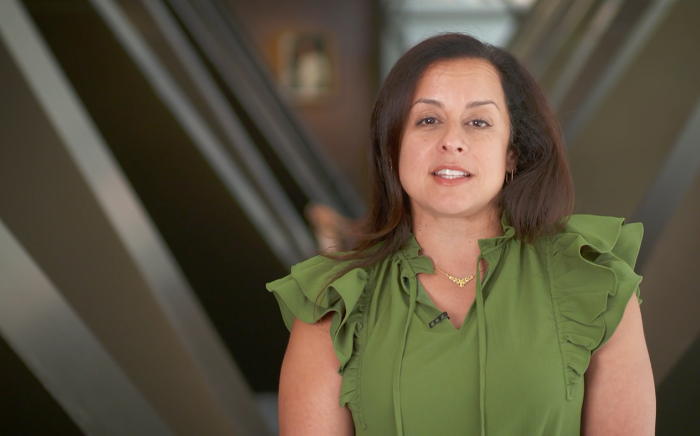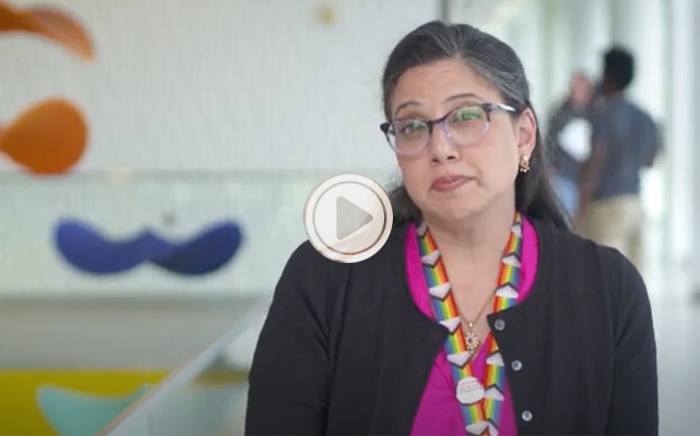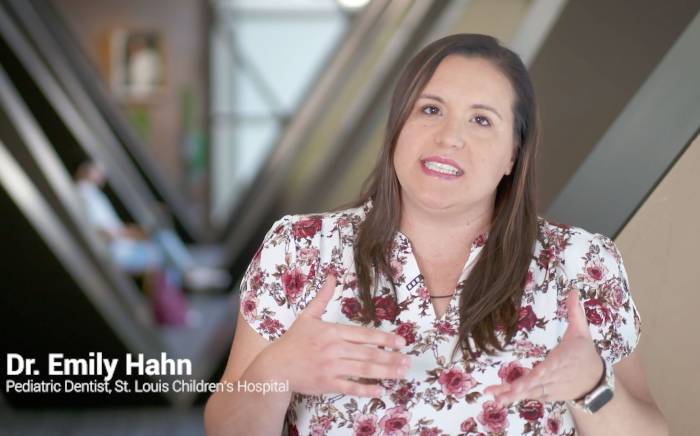What is Irritable Bowel Syndrome (IBS)?
Your 12-year-old child seems healthy. During stressful situations, they complains of abdominal pain, bloating and diarrhea. Could they have irritable bowel syndrome (IBS)? Do they have some other disease?
Irritable bowel syndrome or IBS is a group of symptoms. The symptoms include:
- Stomach aches or abdominal pain, often below the navel or low down on the left side. The pain can follow meals and is often associated with the urge to have a bowel movement.
- Variation in stools. Sometimes, stools are loose; sometimes stools are firm. The variation is not predictable. Sometimes, there is the urge to have a bowel movement, but no stool is produced.
- Symptoms occur periodically for three months or more.
IBS isn’t progressive or damaging. It’s simply the way that some children’s intestinal systems work. Children with IBS have sensitive intestines that react to food or stress by producing crampy discomfort.
Why Does It Happen?
To understand IBS, you must first understand how digestion works. After food is processed in the stomach, it moves from the small intestine to the large intestine, also called the “colon,” before exiting the body. If the leftovers from digestion move quickly through the colon or large intestine, then stools will be loose. If the leftovers move more slowly, then stools may be harder. With either type of stool, a person with IBS may feel cramps.
While there’s currently no known cause of IBS, we can treat the symptoms, making kids more comfortable during IBS episodes.
Getting a Diagnosis
The first thing parents should do is make an appointment with their child’s pediatrician or family practitioner for a complete history and physical exam.
According to the National Digestive Diseases Information Clearinghouse, along with the symptoms already mentioned, children with IBS also experience at least two of the following:
- pain that’s relieved after a bowel movement occurs
- pain onset that occurs with fluctuations in the frequency of bowel movements
- pain onset that occurs with changes in stool consistency (diarrhea and/or constipation)
Treating IBS Symptoms
The main type of treatment consists of lifestyle changes, such as avoiding problematic foods and learning to adapt to stress or anxiety. Medications may be tried but often do not relieve the symptoms entirely.
IBS doesn’t threaten your child’s health, but it may affect his life. Parents should take their complaints and feelings seriously and help them through the difficult times. Once they learn to cope with the condition, they’ll be back in the swing of things in no time.
For more information or to schedule an appointment, call 314.454.5437 or 800.678.5437 or email us.












